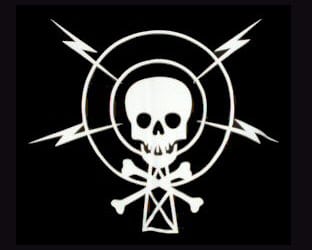In addition to Natalie Swed Stone, OMD U.S. Director, National Radio Investment (see 11/16/07 Radio news), we spoke to other radio buyers about the letter that four big radio groups sent to Arbitron with concerns about PPM.
Matthew Warnecke, Partner, Network and Local Radio, MediaCom, noted the move by CC Radio, Cox, Cumulus and Radio One indicates the level of frustration at the station level. "Rightly or wrongly, you don’t speak in the marketplace this loudly unless you feel like you’re not being heard."
From an agency perspective, Warnecke noted he doesn’t want to completely absent himself from responsibility, but GroupM’s research has determined that this is legitimate currency. "It’s not up to me to say it’s horrible or the best thing ever. This is what we’ve got and everyone was pretty clear that it was going to be emerging design and a work in progress. I don’t think [Mindshare’s] Kathy Crawford makes posting statements about PPM usage in Houston lightly. So while I’m sure everyone is concerned about sample sizes in any audience measurement service, agencies are probably pretty confident that those questions will be addressed."
In addressing the letter’s mention that Arbitron was planning on lowering sample sizes for PPM, Warnecke underscored that lowering sample sizes, in the abstract, is "always bad. I’m concerned when Arbitron’s goals for panelists and respondents aren’t met. When they have a goal for 100 and they get to 85, for the sake of argument, that would concern me because they’re not where they need to be. But I’m not enough of a statistician to say X is the magic number."
Rich Russo, JL Media’s SVP/Director of Broadcast Services, is taking a wait and see approach. "The numbers have never been reliable-going back to forever. I kind of equate this to the scrutiny advertisers have that buy digital. I hear, ‘You can buy a spot on a radio station, nobody knows if it runs and how many people exactly are listening to it. But people accept that. With internet buys you get guaranteed impressions, etc. With radio it’s not a perfect system, it never was and it probably never will be. People have got to hang tight and let this thing work itself out. So they’ve sent this letter out-30 days from now let’s see if it changes anything. The letter sounds like a veiled threat-are they going to pull out in 30 days? I think it’s a bit premature to speculate. Let’s wait 29 days and see where we’re at."




